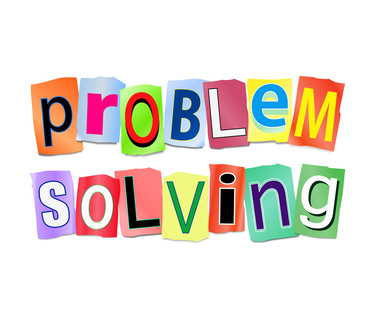 Volunteering to help our those in our communities who most need it. Giving back to those who may or may not be able to give us business. Today, business is about more than simply selling goods and services to a person or another company. It’s also about carbon footprint, community involvement and giving back.
Volunteering to help our those in our communities who most need it. Giving back to those who may or may not be able to give us business. Today, business is about more than simply selling goods and services to a person or another company. It’s also about carbon footprint, community involvement and giving back.
This is just one example of how companies, big and small, are encouraging their employees to use their skills to help move forward and solve problems within their community. Forbes magazine posted:
“Loveland Technologies is a software company solving urban development problems using interactive mapping and crowdsourcing. With these technologies Loveland is focusing on solving the issue of blight in a new way. “Applying a startup mentality to solving Detroit’s challenges means taking the best of the rapid-fire ‘innovate-test-iterate’ cycle and bridging it with a vision for creating long-term change,” says Jerry Paffendorf, the company’s CEO and co-founder. This vision would be difficult to execute, though, without support from a new kind of corporate philanthropy partnership. “JPMorgan Chase provides that kind of bridge: patient capital for innovative solutions to deep problems.”
The concept of private companies donating data and analytical skills emerged on the global scene at the 2011 World Economic Forum in Davos, where attendees concluded that corporations with troves of data should know more about the benefits of sharing that data for public good. Since then, the United Nations Global Pulse initiative has promoted the model as a way to both spark innovation and address public interest issues across the globe. Insights from corporate-funded studies or the donation of proprietary data can be used to address challenges from disease outbreaks to economic stressors to fallout from natural disasters. The UN, for example, has accumulated data studies on macroeconomic issues in Cambodia, Ugandan community radio, and social attitudes toward biofuels.
As evidenced by Motor City Mapping, data can make a profound difference at the hyper-local level too, particularly in finding solutions to issues like urban blight and unemployment. In Detroit, JPMorgan Chase donated data and analytics resources that are contributing to economic rebuilding efforts, closing the skills gap, and informing urban planning. It’s part of a broader effort by JPMorgan Chase to take a data-driven approach and use the firm’s talent and resources to make a lasting impact on the communities it works with.”
In this case a company took a particular skill set, one that a local community wouldn’t have. As I look around I see more of this type of crossover and it needs to become the norm rather than the exception. Shifting the way, we look at things, at how we perceive the solutions should be and jumping out of our frame of knowledge to look for another way.
Central Comm
